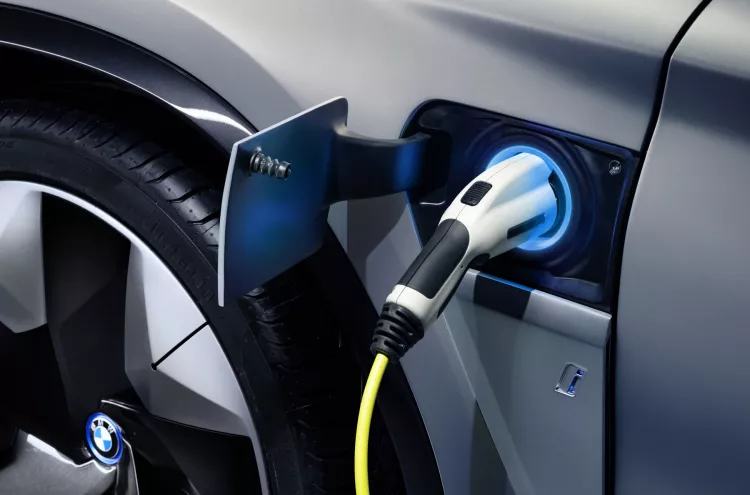The Indian government has decided to cut VAT on electric vehicles from 12% to 5% and charging stations from 18% to 12%. In addition, the purchase of electric buses by the municipalities is exempt from VAT.
The changes will come into force on 1 August 2019. The VAT on petrol and diesel remains at 28 percent. With the tax cut, the Indian government wants to reduce the price difference between the two types of power in order to make electric cars more affordable.
However, an exemption from the registration fee for electric vehicles, which was discussed in June, was not decided. Reports are still in the room to increase the registration fee for gasoline and diesel.
However, the Federal Bureau of Indirect Taxes (abbreviated to GST) has made the condition that the vehicles have at least 12 seats eligible for the tax exemption for electric buses. The Indian government wants to promote not only renewable energy, but also clean traffic.
The president of the acting Government and the only candidate for re-election, Francina Armengol (President of the Balearic Islands), has promised in her inaugural speech tax incentives for those who buy electric cars instead of polluting… Continue reading
The adorable Fiat 500 has always been a symbol of urban mobility, but its latest iteration, the Fiat 500e, is revving engines (or should we say whirring motors?) in the electric vehicle (EV) world. Its recent accolade of "… Continue reading
Green turn for Germany, which puts on the table a maxi plan for the reduction of polluting emissions. A package that includes 360-degree interventions, some of which are dedicated to electric mobility. Overall, this ambitious plan will see an investment of… Continue reading
The 2025 Ford Mustang Mach-E has new looks and enhanced driver-assist features. It promises agile handling and updated tech. This electric crossover advances Ford’s push for modern mobility. Drivers can expect spry performance and comfort.… Continue reading









